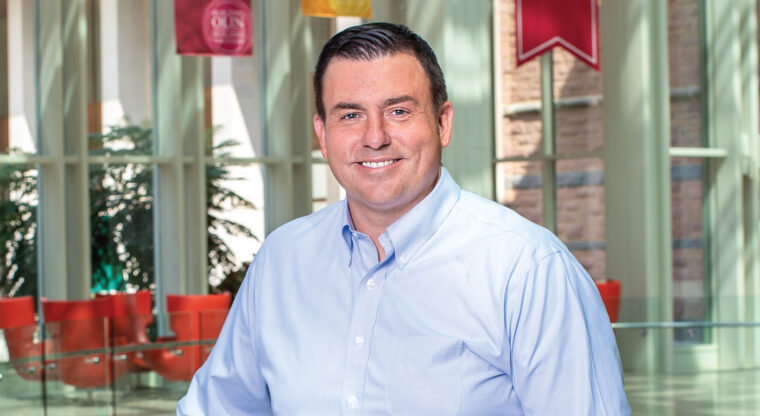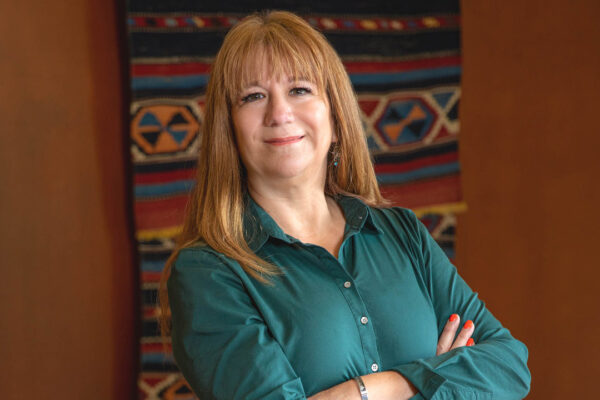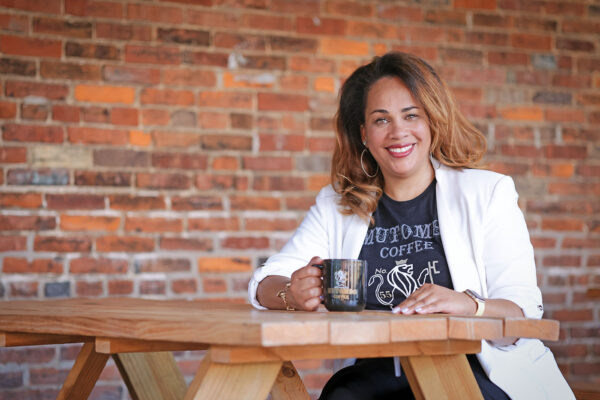No public utility is as vital as water, and yet it is the resource that is perhaps most often an afterthought. You turn on a faucet, and water comes out. Simple, right?
In areas with rich aquifers and sustainable structures, clean water is easy to take for granted, but many American communities have damaged systems and poor water quality. For example, earlier this year, Consumer Reports published that, measured against EPA standards, U.S. “rural counties have 28% more violation points than metropolitan ones.”
A desire to find a solution to these problems was the spark that became Central States Water Resources (CSWR), the brainchild of Josiah Cox, EMBA ’07.
“Our mission is to bring safe, reliable and environmentally sustainable water resources to every community in the United States,” says Cox, whose St. Louis–based company transforms how water utilities work.
Using innovative technology, CSWR purchases distressed water and wastewater utility systems and revitalizes them. “We are a private solution to a very public problem.”
Working with water, Cox’s background in science was a plus — he earned a BS in environmental science from the University of Kansas — but it was his Executive MBA education through WashU’s Olin Business School that gave him the skills needed to found and run an ever-growing business.
“When I started raising money for CSWR, it took me a couple of years to land my first round of funding,” Cox says. “Without my WashU credentials, I don’t think I would have gotten it done. All the big institutional investors recognize the quality of a WashU education.”
After earning his EMBA, Cox recalls doing a lot of “private equity speed dating,” pitching his business plan to venture capitalists. And his backers should be quite happy with the results: Since the company’s founding in 2014, “We’ve grown from serving 900-some households to more than 70,000,” he says.
And it hasn’t been easy work. “We’ve bought systems out of bankruptcy, [including] ones with bird feces in the water,” he remarks. “It’s kind of crazy, the stuff I’ve seen.”
All the hard work is paying off, though: Starting with a one-person team, Cox now leads a staff of 37, and CSWR operates in seven states, with plans to expand to Arizona, Florida and North Carolina by 2022.



